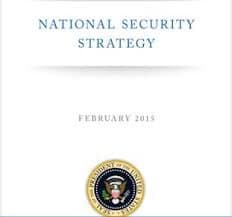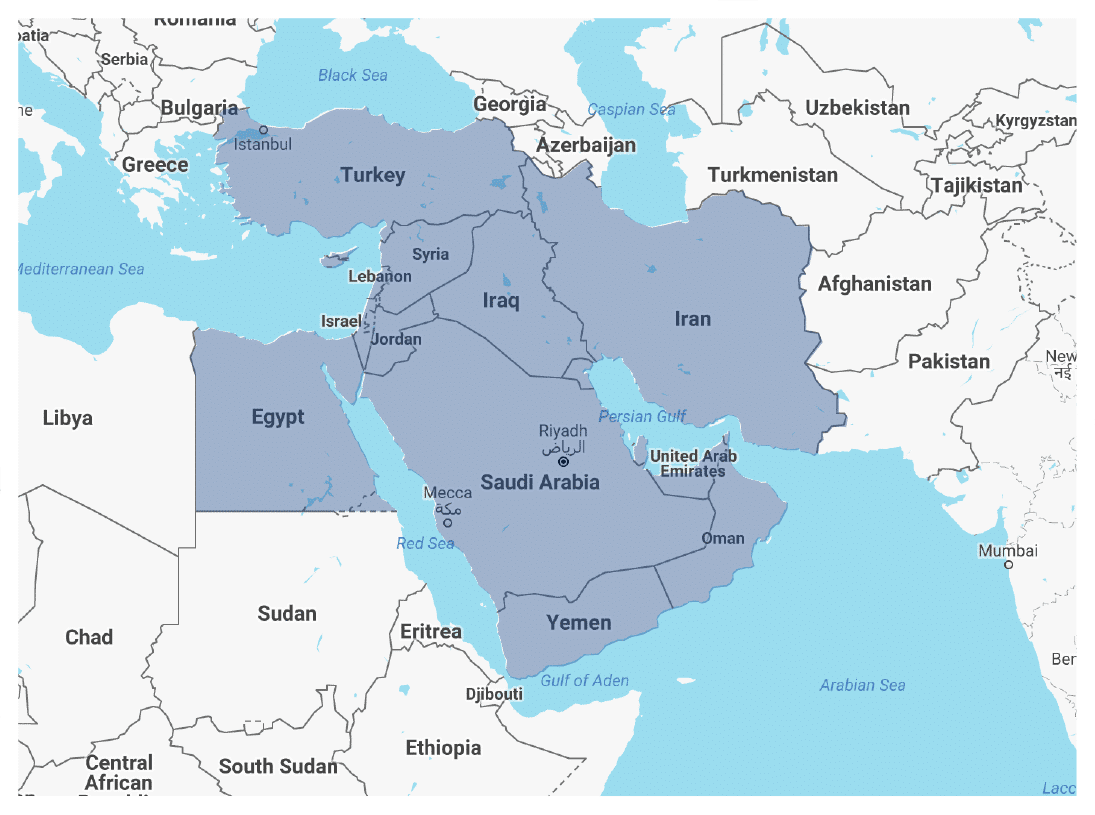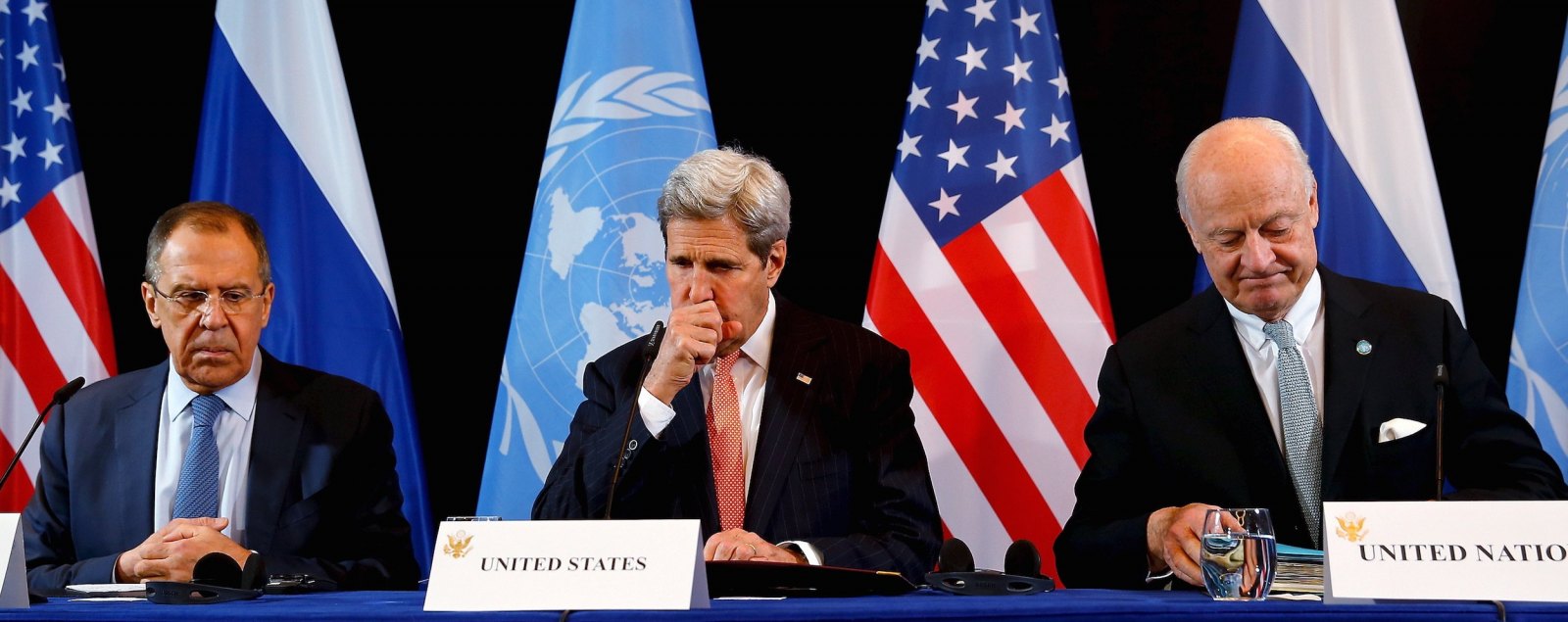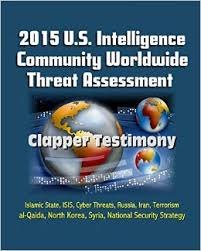Continuity or Change; Implications of Donald Trump’s Victory on the US Foreign Policy
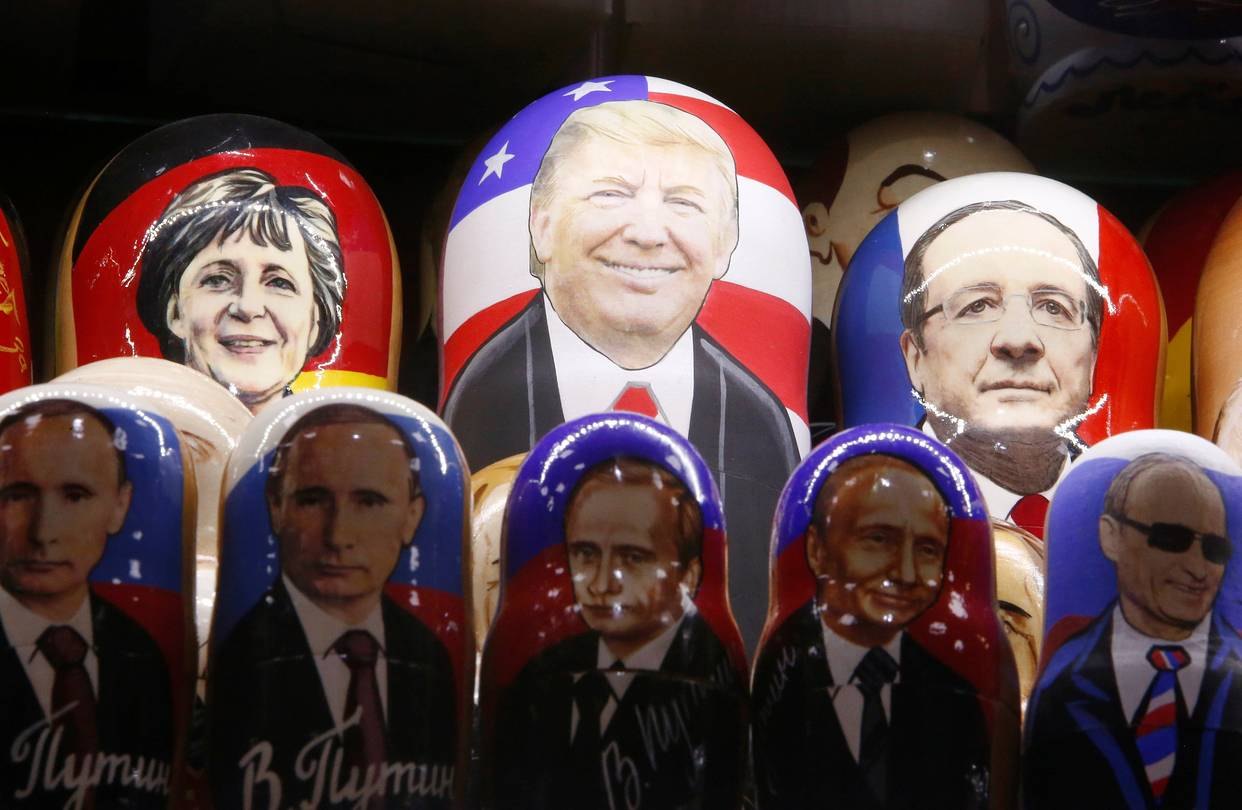
Mahdi Shapoori
Given the overall global situation and the issues facing the US at internal and external levels as well as the US position in the international system, it seems that Trump’s foreign policy would be a combination of continuing the status quo and possible changes in some areas. In the meantime, it seems that the status quo would prevail and the changes that may take place would not be serious and substantive contrary to many expectations and analysis.
Although the important groups whose votes were decisive in Trump’s victory were unhappy with Obama’s foreign policy, but they were mainly went for Trump due to his slogans related to domestic issues.
Trump has repeatedly stated that the US should not shoulder others burden and even the closest allies of the US should pay a fair share in fair share in matters related to their security and defense – an issue that was also raised during Obama administration.
Trump believes that the involvement of the US in the Middle East has been catastrophic so the attempts for democratization in this region should be suspended in favor of its stability – a belief that was also attached to by Obama.
Over two and a half million illegal immigrants were deported from the US and hundreds of thousands of them have been imprisoned Under Obama administration. Hence, Trumps maneuver on this issue is not necessarily a sign of a revolutionary development in the US relevant policies.
In the case of Russia, we should not forget that the approach on the US rapprochement with this country was taken by Hillary Clinton as the US Secretary of State who presented the Russian Foreign Minister Sergey Lavrov with a “reset button” as a symbol of the change in the relations between the two countries.
Trump’s remarks about the concerns of the US trade deficit against some foreign countries, is not considered as a new position.
It also cannot be said that Trump would adopt a quite different policy on Assad and Syria from that of the past; because Obama also doesn’t want the collapse of Assad’s regime at present due to the fear of the extremist groups.
The Islamic Republic of Iran and the Trump phenomenon
Analyzing and predicting the foreign policy approach of such a person who has no background in politics and his remarks and slogans is beyond the known political frameworks in the US politics is a very difficult task. Trump has also failed to provide a clear model or approach in the foreign policy area. All his remarks and statements in this field have been vague, contradictory and Incoherent and doesn’t provide any understanding or framework for the prediction of his approach and possible measures in the field of foreign policy. Although he himself believes that there is no clear understanding on the foreign policy goals and in his speeches criticized the US post-cold war foreign policy as incoherent. Of course this ambiguity in Trump’s foreign policy is possibly part of his approach in this area. During his speech on 27 April 2016 that is said to be Donald Trump’s foreign policy manifesto he emphasized that: “we must as a nation be more unpredictable.” Trump has repeated this point several times. On that basis, despite some scattered and pessimistic remarks made by Trump on the JCPOA and Iran’s regional policies, his government’s treatment with the Islamic Republic of Iran is unclear and unpredictable. In such a situation, the question is that how Iran should deal with this unknown phenomenon. In response to this question it must be said that when dealing with any new and unknown phenomenon and every situation with a high uncertainty, in the first place, caution and self-restraint as well as refraining from hasty judgments are among important preconditions; especially when such a phenomenon is likely to be followed with fundamental and serious implications for us. In such a case, any mistake can cause huge costs. After that, it is reasonable to look at this phenomenon or situation from different angles to achieve a broader, deeper and more accurate understanding from its reality. In the third phase, all evaluations and options should be considered and the needed scenarios must be addressed on that basis.
Trump is now like the “elephant in the dark”, that anyone tries to resort to part of his remarks in order to make a hypothesis. Much of these hypotheses may be made by the US media giants dependent on the political establishment and Trump himself has problems with them and promised repeatedly to purge this establishment from corruption. It is possible that the said establishment try to engage Trump in the foreign policy area in order to prevent him from advancing his agenda and especially his promises during the election campaign in the US internal areas.
In general, more caution should be exercised in dealing with Trump phenomenon in order to learn more about him and evaluate the various options and scenarios based on the facts. In the stage of Trump’s recognition, relying on the media and expert analyses would not be enough. Instead, in case of the possibility of getting closer to him or his team especially people who are going to be assigned in the foreign policy or national security posts through lobbying, the said opportunity should not be missed for a better recognition of this phenomenon. In this way, even the agenda of the next US government regarding us could be influenced. Russians have recently announced that during the US election campaign they had been in contact with some members of Trump’s team. In the US which is the heaven of lobbies, this action is not considered unusual. At present, many in the US would be happy if an actor like the Islamic Republic Iran becomes the target of Donald Trump and the radical team around him so that they could stay safe from the side effects of Trump’s policies. Considering the anti-Iranian tendencies of the politicians supporting Trump and the resentments as well as old wounds in Iran-US ties, such a scenario would not be out of reach. From the US political institutions to Iran’s regional rivals such as Saudi Arabia, Israel, etc. and even countries like Russia and China, who are afraid of the possible actions of Trump administration, all would be eager if the Islamic Republic of Iran shoulders the burden of being targeted. For Iran’s regional rivals and enemies as well as groups in the US, such a situation, would be equal as containment of both Trump and Iran at the same time.
The final point is related to the JCPOA. Although the US is not the only party facing Iran in the nuclear deal and six other major global actors are parties to this agreement, but any party in JCPOA can cause problems for it through making disruption in its implementation process without being necessarily accused of violating the said agreement despite all measures foreseen. What is important here is the violation of the “spirit of the agreement” not necessarily the agreement itself.
Due to the low cost of dealing with Iran for Trump in his foreign policy, it is possible that the new US administration make challenges for the Islamic Republic of Iran to show itself serious in the US public opinion as well as its foreign relations.
JCPOA which is not considered as a favorable agreement in the US could be one of the challenges for the Islamic Republic of Iran. In such a situation, it is necessary for the Islamic Republic of Iran to define an accurate and well-drafted agenda and make all efforts not to become the focus of attention of the US new administration and at the same time expand its relations with all actors that are of the potential to increase the cost of confronting with Iran for Trump.

